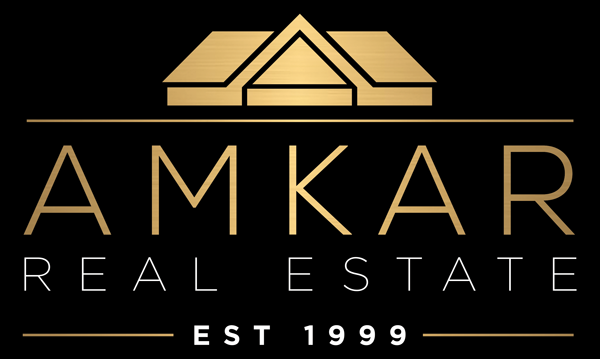Buying an investment property can be a tricky process to navigate but we are here to help with the top investment property FAQs. Investing in property can be an effective way to build wealth, offering long-term financial security and the potential for passive income. Keep reading below to learn more.

Investment property FAQs number 1 – How do I know if I’m ready to buy?
Before buying an investment property, it’s crucial to assess your financial situation. Do you have enough savings for a deposit and any unexpected costs? Is your income stable enough to cover mortgage repayments if the property remains vacant for a period? If you’re unsure whether you’re financially able to buy an investment property or expand your portfolio, speak to your financial advisor to assess your unique situation.
Investment property FAQs number 2 – What are the risks of property investment?
Like any investment, property comes with risks. Market fluctuations can affect property values and rental demand. Maintenance costs, tenant vacancies, and unexpected repairs can impact your cash flow, too. Additionally, rising interest rates may increase your mortgage repayments, affecting your return on investment (ROI). Diversifying your investment portfolio and ensuring you have adequate insurance and funds set aside to weather tough markets can help mitigate some of these risks.
FAQs number 3 – What property type should I invest in and where?
The choice of property depends on your investment goals. Residential properties are generally easier to find tenants for and manage. They also offer tax advantages like negative gearing and depreciation. Ideally, you should look for suburbs with strong population growth, employment opportunities, and good infrastructure (such as transport links, schools, and shopping centres).
Investment property FAQs number 4 – What are the financing options?
There are different loan options available, including interest-only loans, fixed-rate loans, and variable-rate loans. An interest-only loan may reduce your monthly repayments but won’t pay down the principal. It’s important to shop around for the best loan terms and speak to a mortgage broker to explore the most suitable option for your financial situation.
FAQs number 5 – What are the tax implications?
Owning an investment property comes with various tax benefits, including deductions for mortgage interest, property management fees, maintenance, and depreciation of the building and fixtures. You may also be able to claim a tax deduction for negative gearing if your property’s expenses exceed its rental income. When you sell the property, you may be subject to capital gains tax (CGT).
Investment property FAQs number 6 – How do I manage an investment property?
You can manage the property yourself or hire a property manager. A property manager will handle tenant selection, rent collection, and maintenance issues, but their services come at a cost. If you prefer to be more hands-on, self-managing can save money, but it requires time and commitment. Remember, while property management fees are another cost, they are tax-deductible, and you’ll have an expert managing the day-to-day of your property.
Property investment can be a rewarding way to build wealth, but it’s essential to understand the risks, financing options, and management requirements. Keep the above points in mind and make sure to consult qualified legal and financial professionals to get advice for your specific goals and situation.
For expert property management for your investment property, we are here to help; contact us here.
Remember, this article is general in nature and is not financial or legal advice. Please consult your professional financial and legal advisors before making any decisions for yourself.

